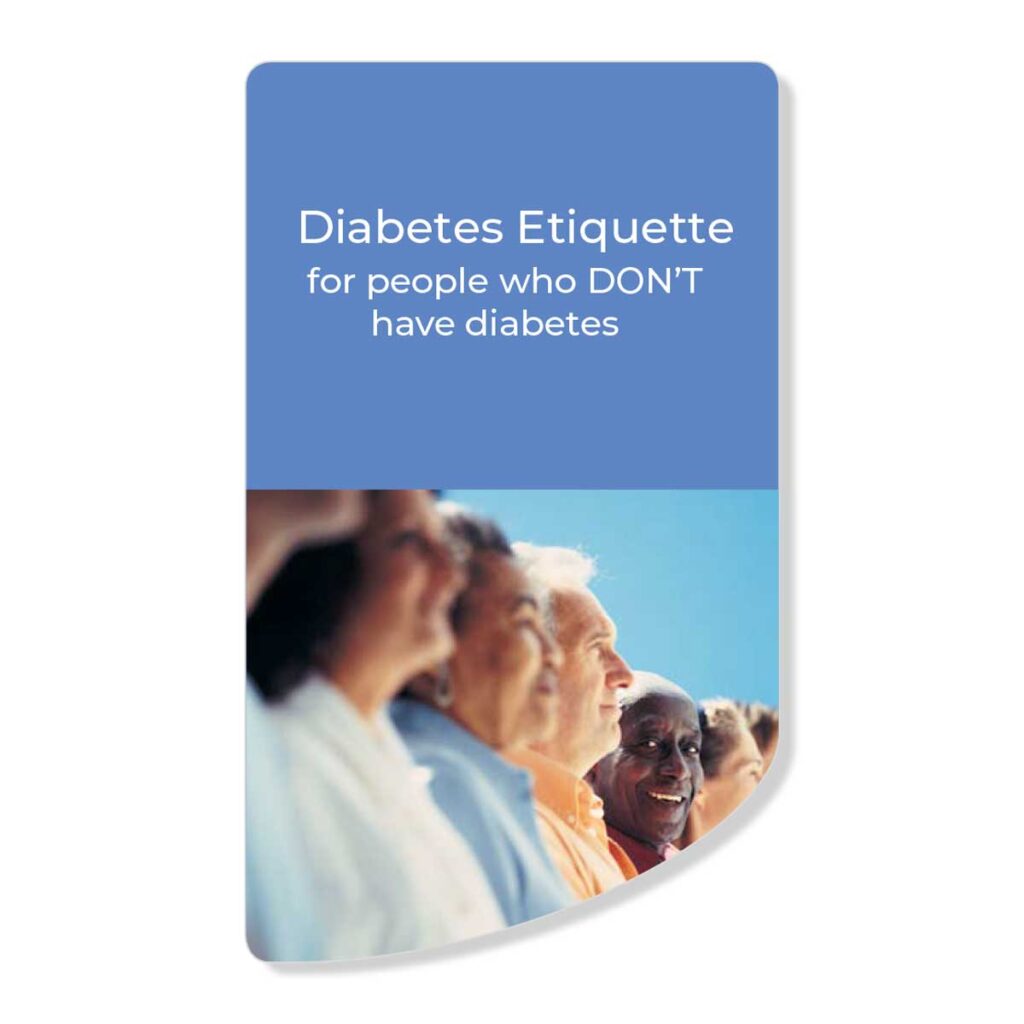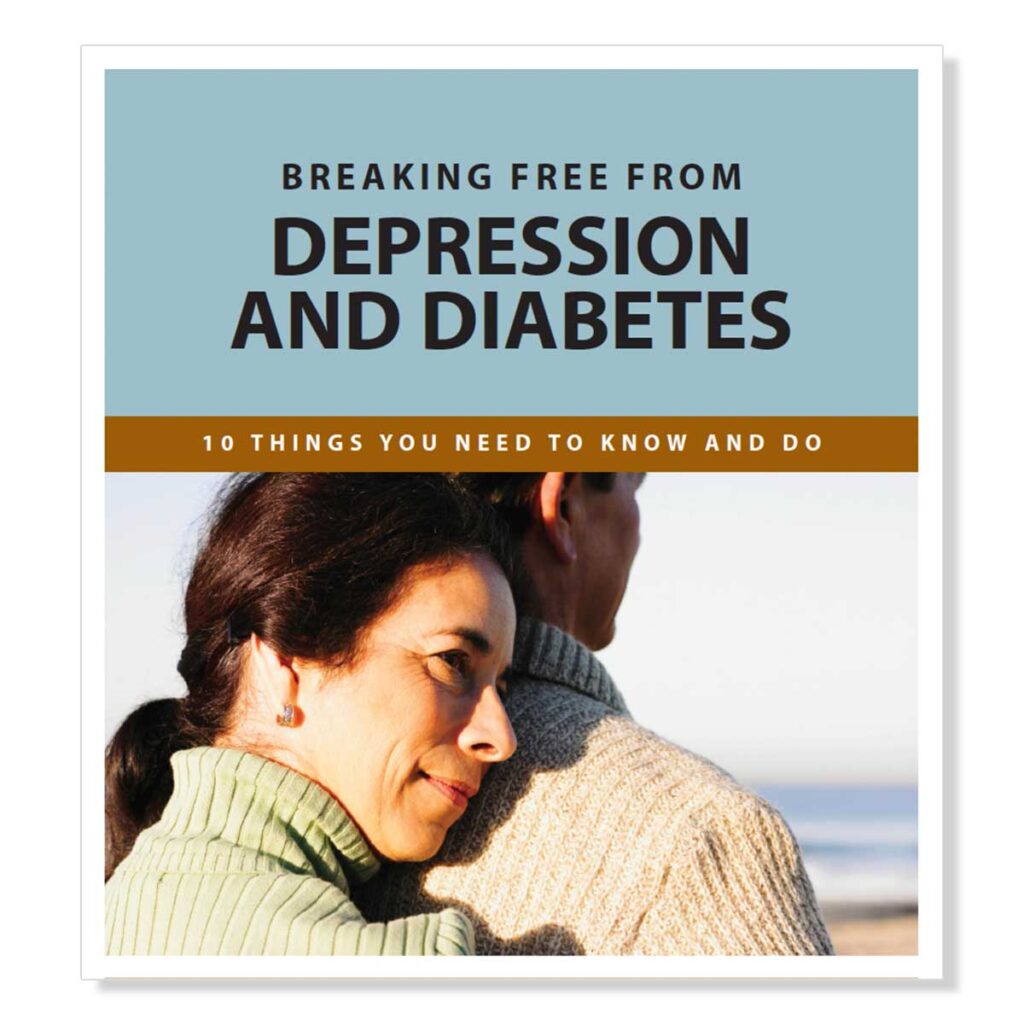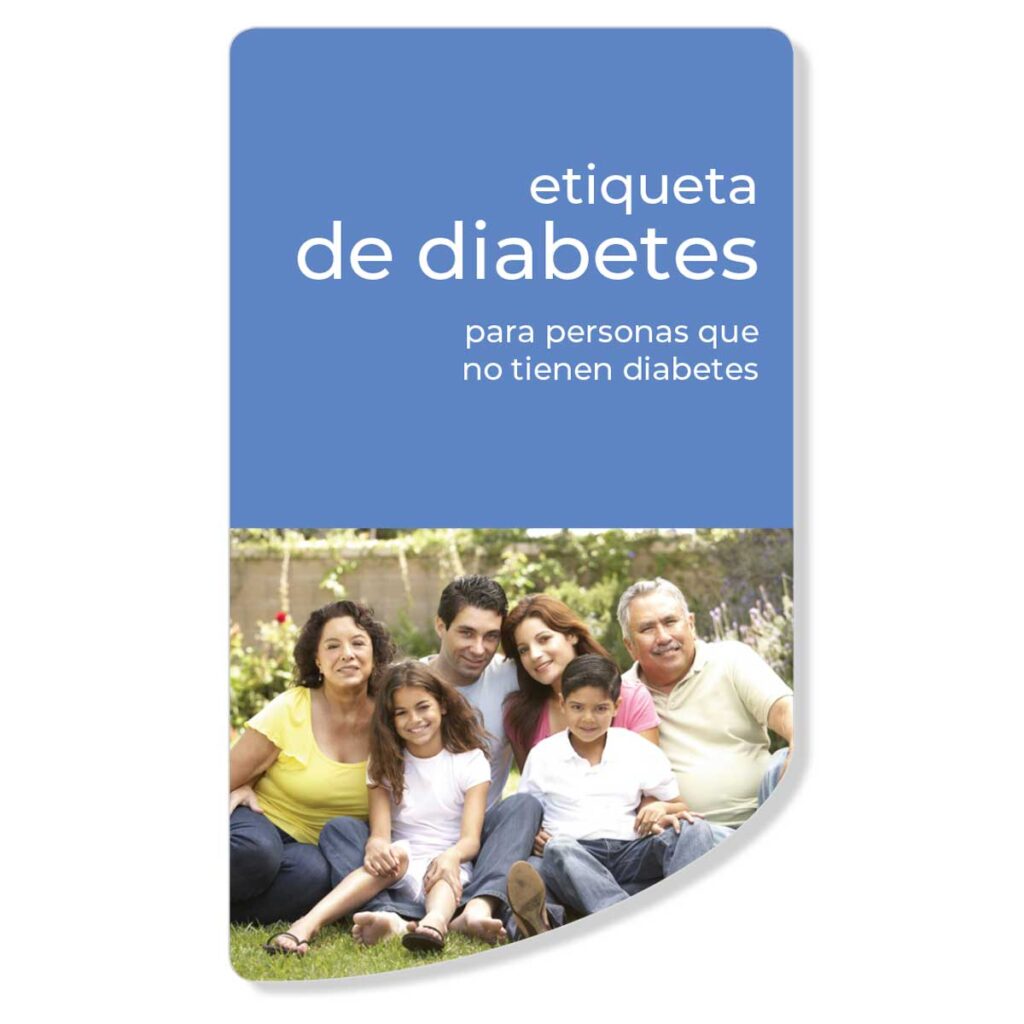BEHAVIORAL DIABETES INSTITUTE
Addressing the Psychosocial Aspects of Diabetes
BDI MONTHLY UPDATES
What's New in January 2026
We are beginning our new year in a fresh, new location just a few miles away. Our new address is
7220 Trade Street STE 115
San Diego, CA 92121
Follow us on Facebook and stay in the know about all happenings at BDI
New CME programs for a NEW YEAR!
Stay tuned! We are bringing back our in-person CME programs for diabetes care professionals starting with a full-day workshop in San Diego called “Engaging the Disengaged: Innovative Strategies for Promoting Behavior Change in Diabetes”. We will be announcing more details with registration information soon.
Presenting...
January 6: Dr. Polonsky (BDI President) will be joining the panel presentation, “The Rise of Liveable Tech: Calm, Intelligent and Human-First”, at CES 2026, in Las Vegas (NV).
January 26: Dr. Guzman (BDI Director of Clinical Education) will virtually present “The Emotional Side of Diabetes” to the CDCES team at Weill Cornell Medicine in NYC.
2025 was a busy year for BDI!
BDI staff authored or co-authored 12 scientific publications as well as 10 published abstracts at major scientific meetings
5 new BDI Briefs
BDI members participated in various panels and presentations:
- Rising Above the Bias: Let’s Talk About Diabetes
- Real-Time CGM as a Motivational Support Tool in Type 2 Diabetes | SIGMA Web Platform
- American Diabetes Association’s 85th Scientific Sessions (Chicago IL)
- ONE 2025 – Taking Control Of Your Diabetes®
- Scripps Whittier Diabetes Institute’s 2025 Updates in Diabetes Management The Power of Psych: A Tale of 3 Studies | Vumedi
- Addressing Fears When Starting Insulin. https://thehuddle.simplecast.com/episodes/addressing-fears-starting-insulin-susan-guzman
Diabetes Distress and Diabetes Burnout. https://www.vumedi.com/channel/mid-atlantic-society-of-endocrinologists/tab/annual-meeting-2025/video/diabetes-distress-and-diabetes-burnout/
Making the Invisible Visible in Type 2 Diabetes Management. https://www.aafp.org/about/sponsored-resources/dexcom-making-the-invisible-visible.html
For our DD-ASSIST project, an in person skill-building workshop to help diabetes clinicians learn how to assess and address diabetes distress, Drs Guzman and Fisher traveled to Idaho Falls, ID, Durango, CO, Lexington, KY and New Orleans, LA.
JOIN US FOR A LOCAL EVENT
Monthly Events



TYPE 2 DIABETES RESEARCH STUDY
Ready to get on a better track with your type 2 diabetes?
BEHAVIORAL DIABETES INSTITUTE
Recent Publications
In 2025, BDI staff authored or co-authored 12 scientific publications as well as 10 published abstracts at major scientific meetings. Our work has covered a wide range, including studies on diabetes distress, the value of continuous glucose monitoring (CGM) for people with diabetes, the benefits of diabetes technology for people with type 1 and type 2 diabetes, and more.
You can see the full list at Publications – Behavioral Diabetes Institute.
Does Continuous Glucose Monitoring Use Prompt Greater Engagement in Self-Management? A Randomized Controlled Trial Focusing on Adults With Type 2 Diabetes
Authors: William H Polonsky, Emily C Soriano, Fleur Levrat-Guillen, Mariya Chichmarenko, Haley Sandoval, Alessandra Bastian, Addie L Fortmann, Andrew Kwist, Michael Vallis Abstract Background: Continuous glucose monitoring (CGM) promotes
Beyond the Trend Arrow: Potential Value of Artificial Intelligence-Supported Glucose Predictions for People with Type 1 Diabetes Using Continuous Glucose Monitoring Systems
Authors: Sufyan Hussain, William Polonsky, Renza Scibilia, Timor Glatzer Abstract Advances in diabetes technologies such as continuous glucose monitoring (CGM) have provided
WHO WE ARE
Behavioral Diabetes Institute
Behavioral Diabetes Institute (BDI) is a nonprofit organization located in San Diego, California, focused on addressing the social, emotional, and psychological barriers to living a long and healthy life with diabetes. To better understand and overcome these obstacles, BDI is actively engaged in research examining the psychological aspects of diabetes and evaluating innovative behavioral interventions. In addition, BDI directly offers an array of unique, behaviorally-oriented products and services for: people with type 1 diabetes; people with type 2 diabetes; parents of children and teens with diabetes; spouses and partners of people with diabetes; and interested health care professionals. Products and services include print materials; online courses and modules, face-to-face workshops and seminars, professional training programs, and an online library of resources.








